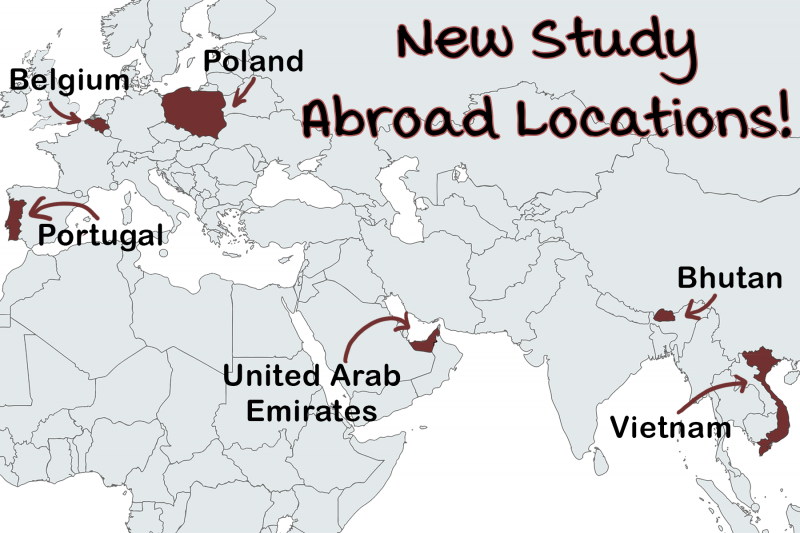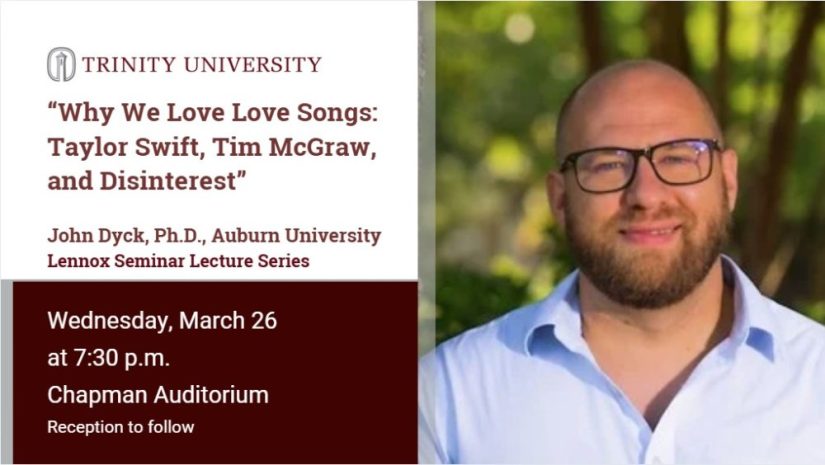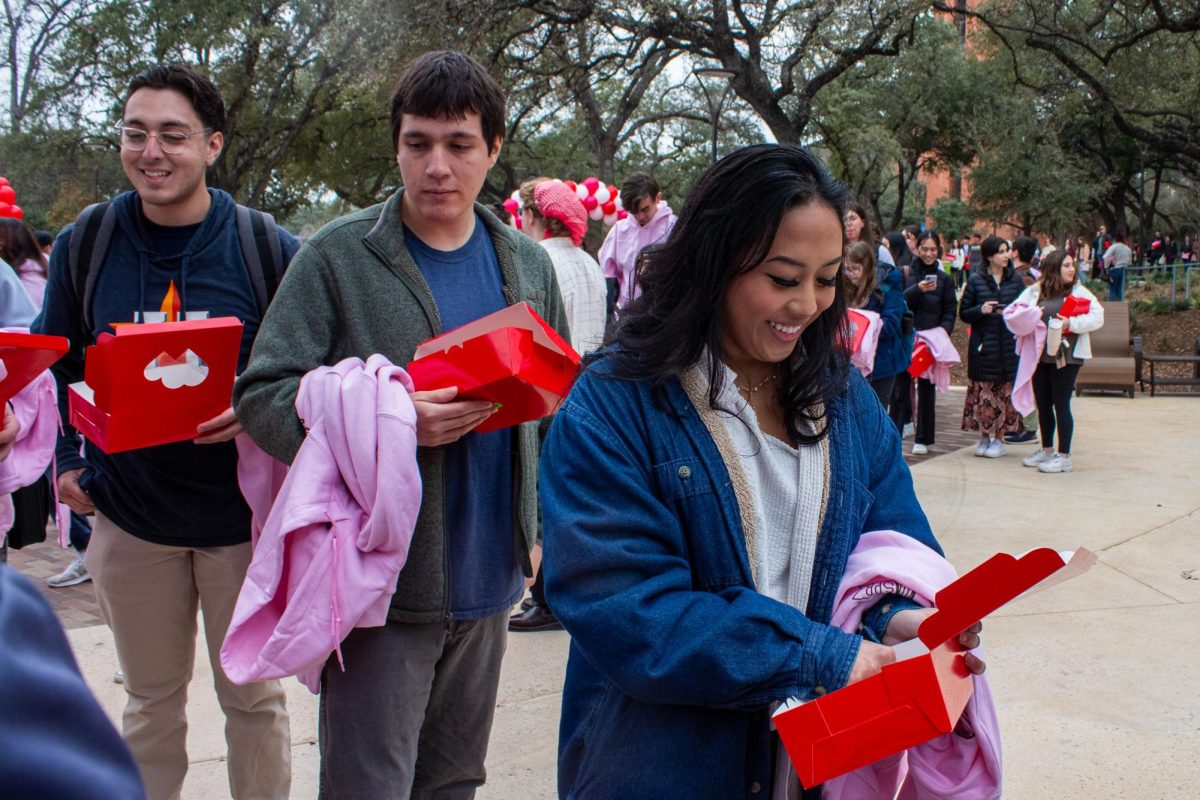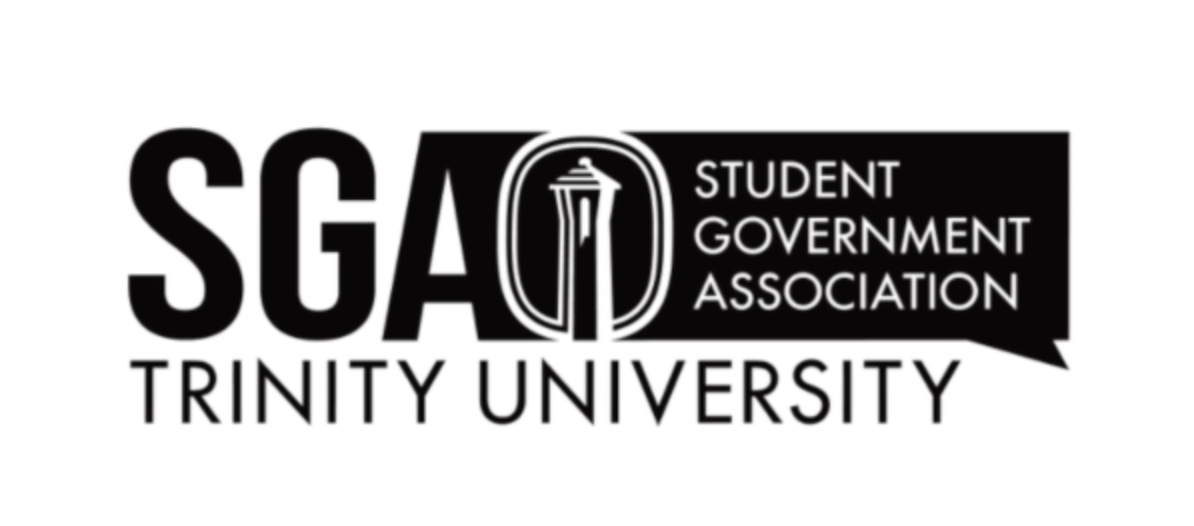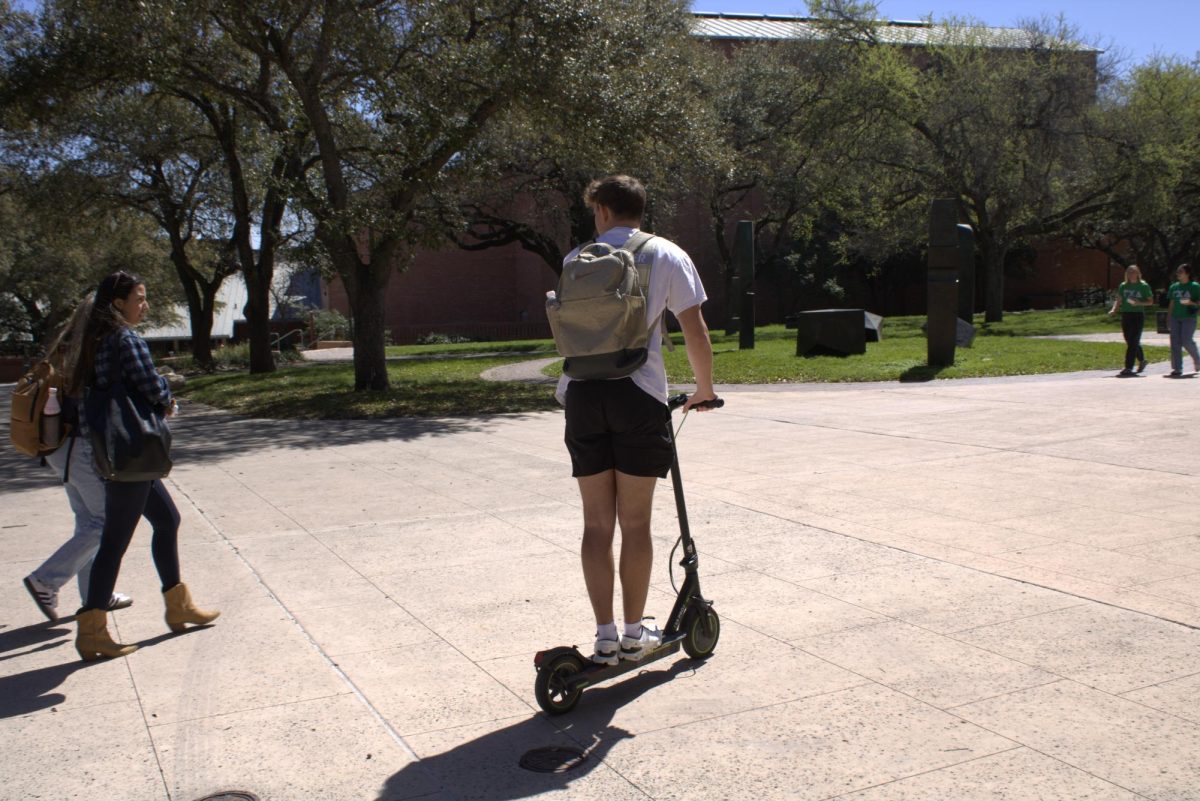The Center for International Engagement (CIE) added 11 new study abroad programs and six more countries to visit over this past summer. These additions include summer programs, semester programs and Beyond the Classroom experiences led by Trinity faculty.
Each summer CIE removes or adds programs based on student demand. Students will now be able to study abroad in Belgium, Bhutan, Poland, Portugal, United Arab Emirates and Vietnam. CIE also added additional programs in existing destinations like Germany, Italy and Cuba.
“What we want to do is give students more opportunities to study abroad in locations that may be of interest to students,” said Andre Martinez, assistant director for Study Abroad. “In the summer, the Study Abroad Office will meet, and we look at the programs, and we say ‘ok, so many students are interested in this location’ — that’s really kind of how the list was formed.”
Once students take an interest in a program not already within Trinity’s study abroad program list, the Study Abroad Office evaluates the program’s health, safety and academic aspects. If deemed worthy, the office sends the program to Katsuo Nishikawa, the director of CIE, for final evaluation.
Trinity’s Strategic Plan called for the creation of the Center for Experiential Learning and Career Success among other aspects of student success and engagement, including programs to promote internationalization.
“The goal, coming from the Strategic Plan, is to internationalize campus. What we want to do is create a seamless kind of culture that is hard to avoid. That you’ll be exposed to international content [and] opportunities throughout your Trinity career here,” Nishikawa said. “Study abroad is one prong of this whole strategy.”
Along with adding new locations and programs over the summer, the Study Abroad office is currently making adjustments to their marketing and study abroad process. More information is being moved online — including the First Step Presentations — and resources — such as the new degree cards, planning form and academic map — are being created. Degree cards and the Trinity Academic Map are still in the works.
“Modern students now — since they’re so mobile heavy — sending them information via email [and] reaching students on their own turf I think has helped a lot,” Martinez said. “We’ve made changes online to streamline our study abroad programs to make more information accessible to students. We figured this is going to help drastically. It’s really going to help students because this way they don’t have to search so much.”
Jacob Tingle, the director of Experiential Learning, taught Sport in London, a Beyond the Classroom experience where a group of students travels with Tingle to London after taking a three-hour sports management class. Based on his own experiences and the reflections of his students, Tingle has determined that experiential education, expanded world views, making new friends and personal growth are the most important benefits of studying abroad.
“The opportunity for immersion of experiences coupled with intentional reflection is a great way to learn about yourself, another culture and to make meaning of lessons learned in coursework,” Tingle wrote over email. “Being open to new ideas, being empathetic and being able to critically reflect on one’s self are all important traits for establishing trust, for becoming a servant leader and are qualities sought after by many employers.”
Junior Megan Uren is currently doing a semester abroad in Geneva, Switzerland, with an International Studies and Multilateral Diplomacy program.
“I am having the time of my life,” Uren wrote over email. “Study abroad is the best choice I have ever made for both my academic and personal experience. [It] allows you to gain international and cultural perspective beyond the American bubble [and] encourages real independence and adventure.”
According to Nishikawa, globalization in the past two decades has been a little problematic concerning international relations, but that that shouldn’t deter future actions international relationships.
“What we want to do is start changing the equation in students’ minds. What is it that they can do?” Nishikawa asked. “We want students to have an idea of where they can work [that] is not just limited to the U.S. I want them to think about, ‘I can go to Latin America, I can go to Europe, I can go to Asia,’ and all these places are places where they will find opportunities to grow in their professions.”

